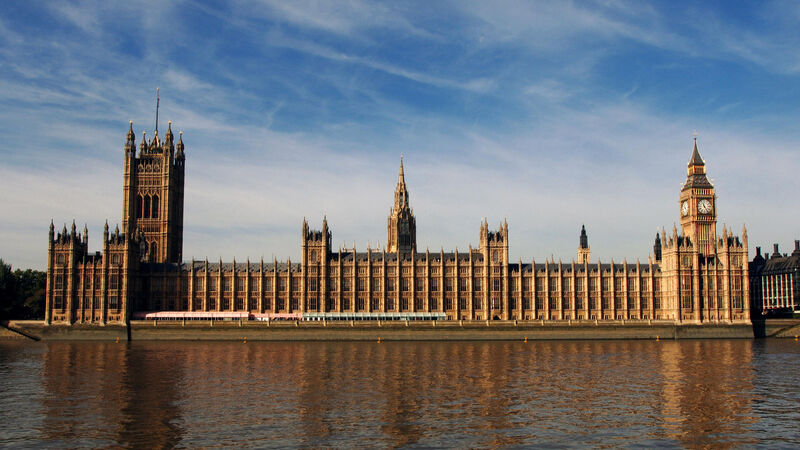Troubles Legacy Bill on verge of becoming law after stand-off ends

The UK's house of lords has ended its stand-off with the British government over the Northern Ireland Troubles (Legacy and Reconciliation) Bill, paving the way for the legislation to become law.
It had repeatedly pressed ministers to rethink plans to offer a limited form of immunity to the perpetrators of crimes committed during the Troubles, aimed at encouraging them to share information with a truth recovery body.










